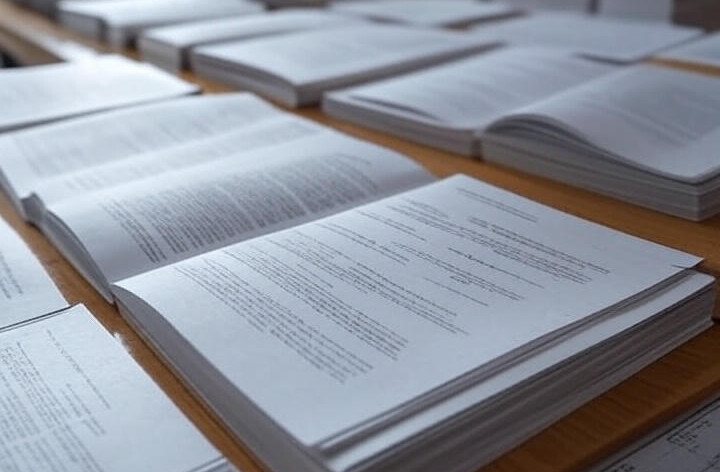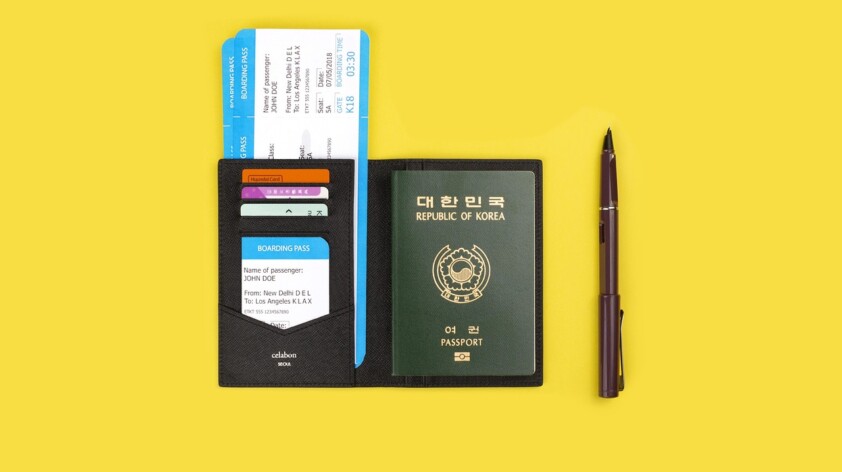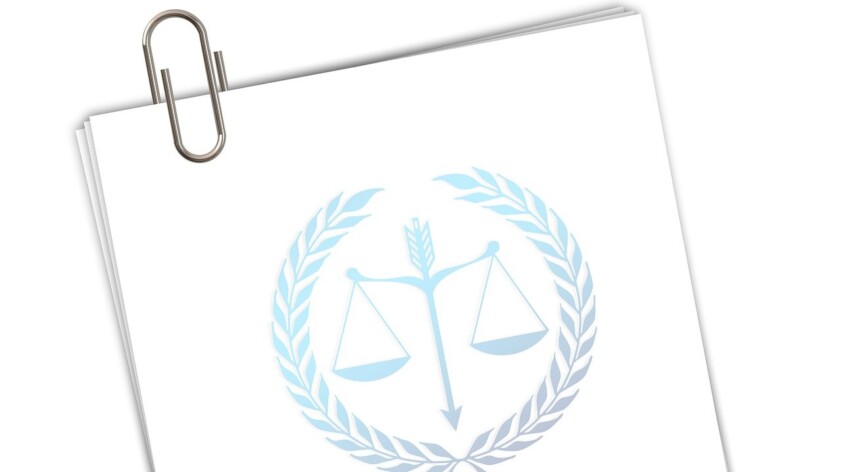When applying for temporary or permanent residency in Panama, the preparation and submission of documents is a critical step. One of the most important requirements is that all documents must be recently issued. Immigration authorities strictly enforce this rule, and failure to comply can result in delays, rejections, or complications…
Applying for permanent residency in Panama is an exciting step for many individuals and families seeking to make the country their long-term home. However, the process requires strict adherence to immigration requirements, including the submission of original documents. Using original documents is not just a formality—it is a fundamental part…
When diplomas or academic records issued in Panama need to be presented abroad, they must undergo a process of certification, authentication, and apostille before being legally valid in another country. This applies to both secondary school diplomas and university degrees or transcripts. Below is a step-by-step guide to how the process works in Panama. 1.…
In Panama, many legal, immigration, and notarial procedures require translations bearing the signature and seal of a translator, duly authorized by the Ministry of Education of Panama. These public translations are commonly required for documents such as: Birth, marriage, and death certificates Court rulings or notarial documents Contracts, powers of…
Professional interpretation services in David, Chiriquí, are indispensable for individuals who do not speak Spanish fluently and require support during legal procedures before local authorities. When facing judicial, administrative, or notarial processes, clear and precise communication is essential to ensure that their rights are respected and fully understood at all…
Shopping Tourist Visa: Gateway to the Colon Free Zone, Republic of Panama The Colon Free Zone in Panama is one of the largest free trade zones in the Western Hemisphere, attracting international buyers, especially from Latin America and the Caribbean. To facilitate business and promote economic exchange, the Panamanian government…
In David, Chiriqui—a city with a growing foreign population, legal activity, and international procedures—the role of the certified public interpreter is vital for individuals who face language barriers in official, legal, and immigration-related settings. What is a Certified Public Interpreter in Panama? A certified interpreter is a professional accredited by…
If you’re planning to retire in the beautiful highlands of Panama, the towns of Boquete and David in Chiriquí Province are among the top choices for foreign retirees. Known for their cool weather, mountain views, and vibrant expat communities, they offer a high quality of life and lower cost of…
Panama offers a variety of residency programs for foreigners looking to relocate permanently. Whether you are retiring, investing, or planning to live in Panama for other reasons, David, Chiriquí is an excellent place to begin your residency application due to its regional offices and growing expat community. Step-by-Step Guide: 1.…
If you’re planning to move abroad, apply for a visa, or work or study in another country, you may be asked to present a Panamanian police clearance certificate. To be accepted abroad, the criminal record certificate must be translated by a certified translator and authenticated either through an apostille or…










